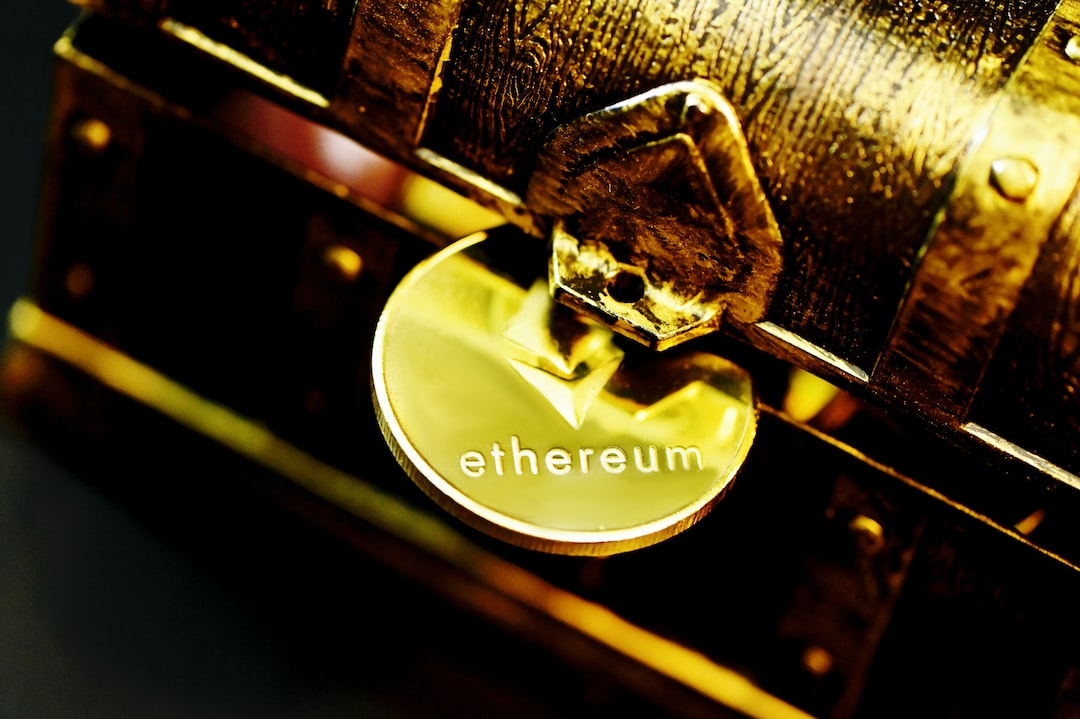“
Regulation in Crypto: Two Solana Dapps Block UK Users Due to Compliance Concerns
“
“
Regulation in the crypto industry is becoming a reality, and recent developments in the UK serve as a clear example. Two major decentralized applications (dApps) on the Solana blockchain, Marinade Finance and Orca Finance, have blocked users from the United Kingdom due to compliance concerns with Financial Conduct Authority (FCA) regulations.
“
“
What Is a Dapp?
“
“
A decentralized application, or dApp, is designed to run autonomously once deployed. Unlike traditional applications, dApps have no central point of failure and are distributed among various nodes. However, in practice, most dApps are still controlled by individuals or companies who manage certain aspects of the application while storing some data on a blockchain.
“
“
Dapps Are Not Completely Decentralized
“
“
Although dApps are touted as decentralized, they often have centralized elements. For example, decentralized exchanges (DEXes) may use centralized servers, and non-fungible tokens (NFTs) can be stored on centralized servers as well. This lack of complete decentralization has been highlighted by recent events in the UK.
“
“
Martinade Finance and Orca Finance Block UK Users
“
“
Martinade Finance, the largest DeFi protocol on Solana with almost $273 million total value locked (TVL), has restricted UK users from certain actions such as withdrawing liquidity due to changing crypto regulations in the country. Similarly, Orca Finance, a Solana-based decentralized exchange ranked #5 for Solana TVL with $52 million TVL, has geo-blocked UK users in response to the new FCA guidelines and rules.
“
“
Geo-Blocking in DeFi and Centralization
“
“
Geo-blocking in decentralized finance (DeFi) is uncommon, as DeFi typically does not require know-your-customer (KYC) procedures. However, the actions taken by Martinade Finance and Orca Finance highlight the centralized nature of many dApps. This raises concerns about restricted access to dApps based on users’ geographical locations.
“
“
The Need for Clear Regulation
“
“
While decentralization is a core principle of the crypto industry, there is also a need for clear regulation. Governments and crypto projects are working together in Europe to establish regulatory frameworks that protect consumers and promote transparency. Striking a balance between decentralization and regulation is crucial for the long-term growth and adoption of cryptocurrencies.
“
“
Hot Take: Regulation vs Decentralization – Striking a Balance
“
“
The recent actions taken by Martinade Finance and Orca Finance to block UK users highlight the ongoing clash between regulation and decentralization in the crypto industry. While regulations aim to protect consumers and ensure transparency, they can also lead to restrictions and centralization within decentralized applications. Striking a balance between regulation and maintaining the core principles of decentralization will be key for the future of cryptocurrencies. Clear regulatory frameworks that address compliance concerns without stifling innovation are essential for the industry’s growth.
“





 By
By
 By
By
 By
By
 By
By
 By
By
 By
By